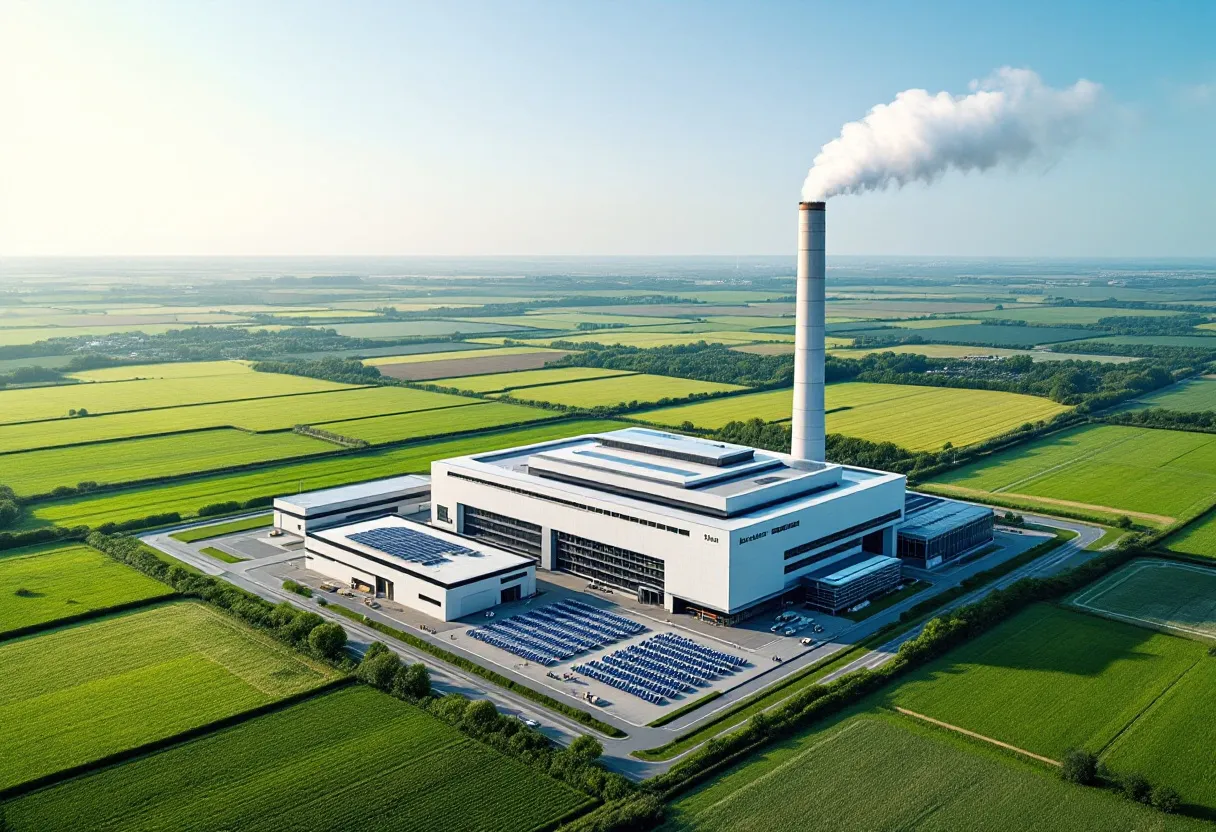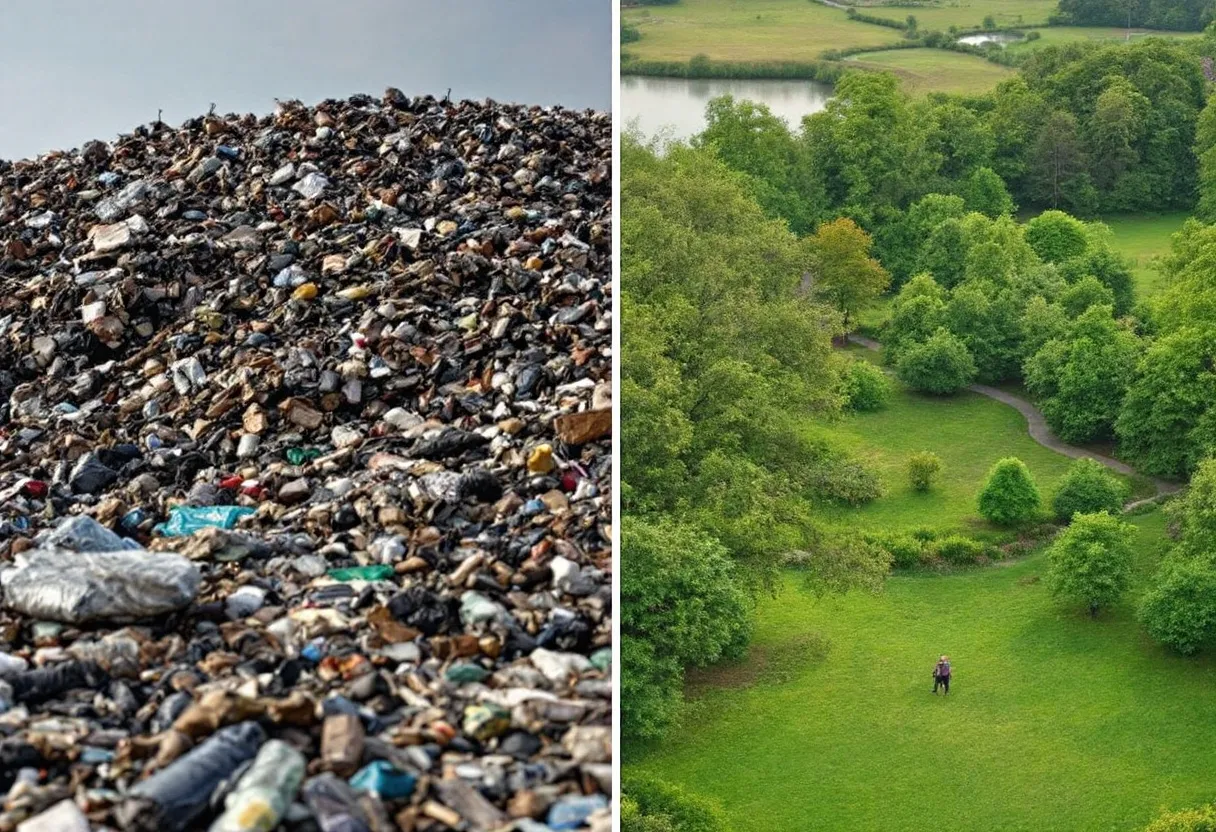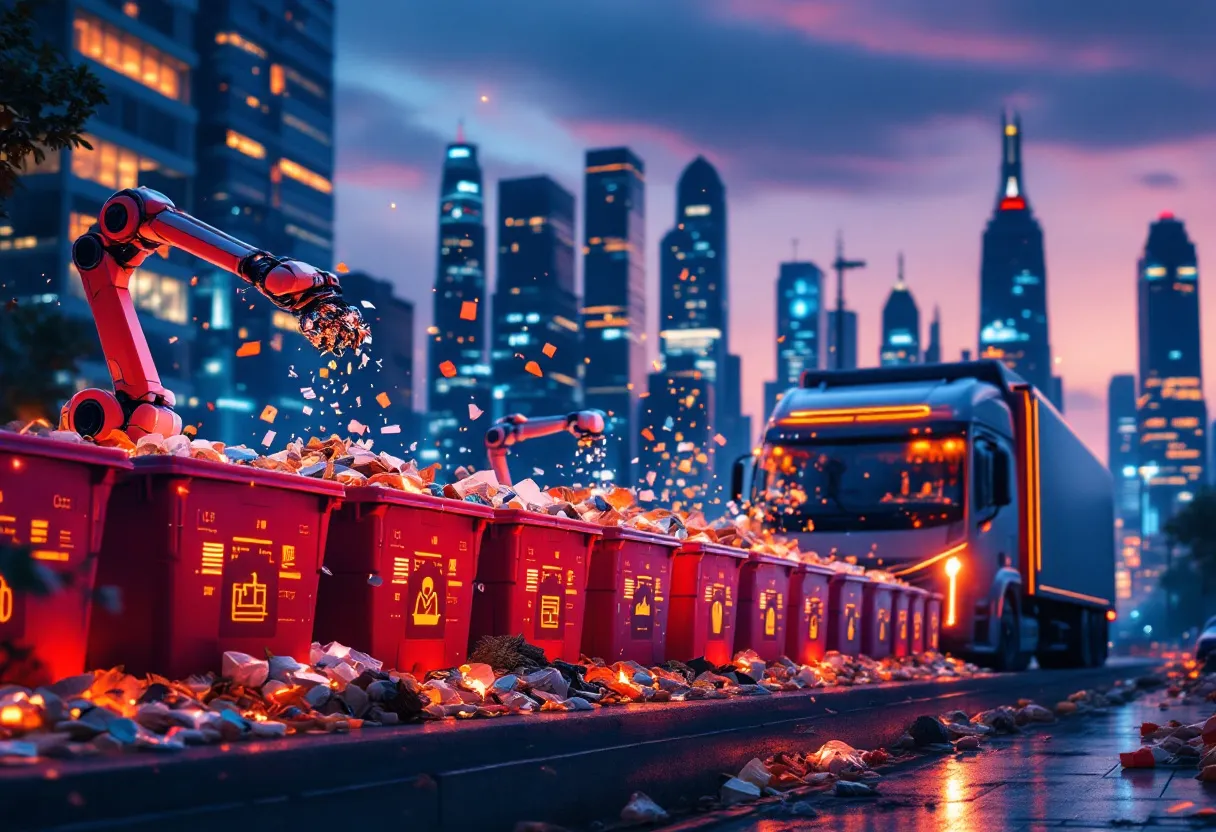Bonjour, mes amis! Lise Dubois here. For years, I’ve been neck-deep in the fascinating, often frustrating, world of waste management. From my days at the CNRS to working with local municipalities, I’ve seen firsthand the challenges – and now, the exciting possibilities – that lie ahead. And let me tell you, France is really starting to get it right.
Smart Bins and the Data Revolution
Remember those overflowing bins, attracting unwanted attention from the local wildlife? Those days are numbered, hopefully. The rise of “smart bins” is a game-changer. Equipped with sensors, these bins monitor fill levels and alert collection services only when they’re actually full. This optimizes routes, reduces fuel consumption, and minimizes those awful early-morning truck noises that wake us all up. It’s not just about convenience, though. This data revolution allows us to understand waste patterns and tailor collection strategies to specific neighborhoods. Think about it – knowing which areas recycle more efficiently can inform targeted education programs. I remember one time, working with the city of Lyon, we were pulling our hair out trying to figure out why one district was lagging behind on recycling. Turns out, the information leaflets were only available in French, and a significant portion of the residents were recent immigrants who spoke other languages. Simple fix, huge impact!
Advanced Sorting Systems: The Robots Are Here (and Sorting Our Trash!)
Sorting waste is a dirty, dangerous, and frankly, boring job. But it’s absolutely crucial for effective recycling. That’s where advanced sorting systems come in, and France is investing heavily in them. These systems use a combination of optical sensors, artificial intelligence, and robotic arms to identify and separate different types of materials with incredible speed and accuracy. We’re talking about robots that can distinguish between different types of plastics, even different colors of glass! This dramatically reduces contamination and increases the quality of recycled materials. A friend of mine who works at a recycling plant in Marseille told me about their new AI-powered sorter. Apparently, it’s so good, it can even identify different brands of yogurt containers! Okay, maybe that’s an exaggeration, but you get the idea.
The Energy-from-Waste Debate: Incineration vs. Innovation
Ah, the age-old question: what do we do with the waste that can’t be recycled? For years, incineration has been the go-to solution, generating energy from the burning of waste. And while it’s certainly better than landfilling, it’s not without its problems. Incineration releases emissions, and the public perception is often negative. I get it – nobody wants a smoky chimney in their backyard. But the technology is evolving. Modern incineration plants are equipped with advanced filtration systems that significantly reduce emissions. More importantly, there’s a growing push for alternative technologies, like pyrolysis and gasification, which convert waste into energy or valuable chemicals with a smaller environmental footprint. The key is finding the right balance – utilizing energy-from-waste technologies responsibly while investing in cleaner, more sustainable alternatives. It’s really important to remember, that what we are doing here is for our children. What kind of future do we want to leave them?

The Policy Landscape: Incentives and Regulations
Technological innovation is essential, but it’s not enough. We need strong policies to drive change. France has been a leader in implementing regulations that promote waste reduction, recycling, and the circular economy. From extended producer responsibility schemes to landfill taxes, these policies create incentives for businesses to reduce waste and invest in sustainable practices. But there’s still work to be done. We need to strengthen enforcement, simplify regulations, and ensure that everyone – from individuals to large corporations – is playing their part. I’ve spent countless hours in meetings with policymakers, trying to convince them that investing in waste management is not just an environmental imperative, but also an economic opportunity. It’s about creating green jobs, fostering innovation, and building a more resilient and sustainable future for France. And honestly, it’s an uphill battle sometimes, but I remain optimistic.

Looking Ahead: A Circular Future for France
The future of waste management in France is bright. With a combination of technological innovation, smart policies, and a growing public awareness, we’re moving towards a circular economy where waste is minimized and resources are used efficiently. It won’t happen overnight, of course. There will be challenges and setbacks along the way. But I believe that France can be a global leader in sustainable waste management, demonstrating that economic growth and environmental protection can go hand in hand. And as a proud Lyonnaise, I’m determined to do everything I can to make that vision a reality.
